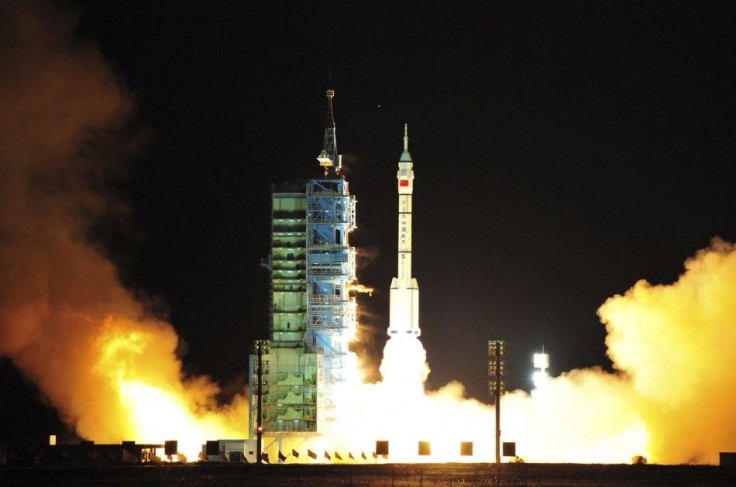China Plans to Land a Man on the Moon

A government-issued decree is the first published announcement that China intends to land an astronaut on the moon, a place where no one has stood in almost 40 years.
A paper published Thursday served as a confirmation of what had previously been only the possibility of a manned mission to the moon. China plans to "conduct studies on the preliminary plan for a human lunar landing," according to the Financial Times. It might take another decade to make it happen, but the statement marks the beginning of a five-year plan to build new satellites, speed up work on building a space station, and complete more space research.
The government plans to launch unmanned lunar probes by 2016, and China's first taikonaut, Yang Liwei, blasted off into space in 2003.This month , Beijing launched the latest version of its own satellite navigation system, called Beidou, which it considers an alternative to the U.S.-based Global Positioning System. The government has said Beidou will help fisheries and telecommunications companies, but analysts think it could easily help China locate and attack U.S. ships if it wanted to do so.
As for Chinese plans for a space station, they were able to dock two unmanned spacecraft in orbit for the first time in November. China has also set a 2016 date as the target to get a space lab operational.
The paper was made to help Chinese officials better deflect any critics who point out how easy it would be to harness this space exploration for military purposes. It discussed some policy goals, and Beijing made sure to explain it is exploring space in a peaceful way. Whatever their motives, they certainly can afford to put the money into the endeavor. The U.S. on the other hand recently scrapped the space shuttle because of ongoing funding problems and increasing U.S. debt.
© Copyright IBTimes 2025. All rights reserved.





















